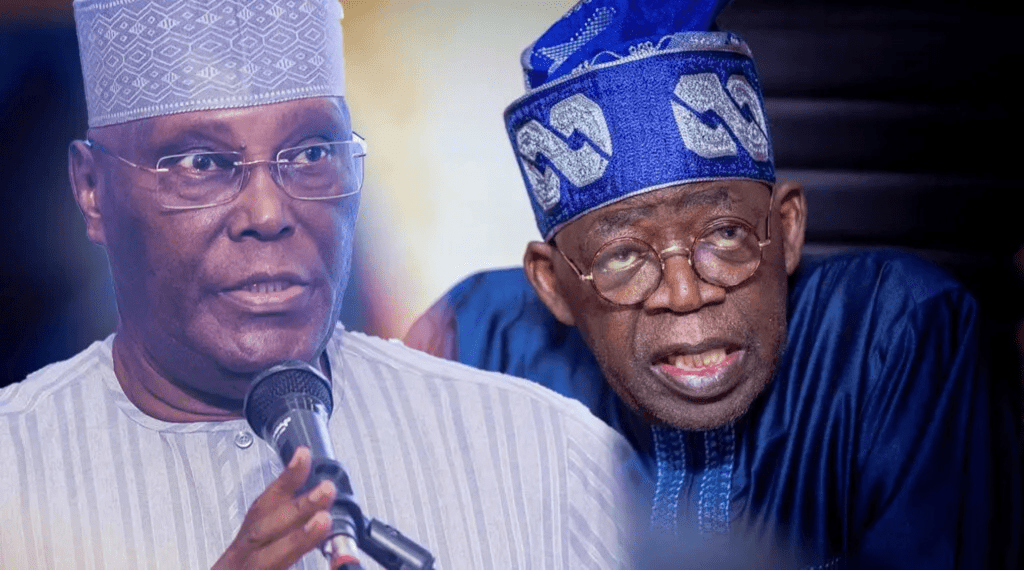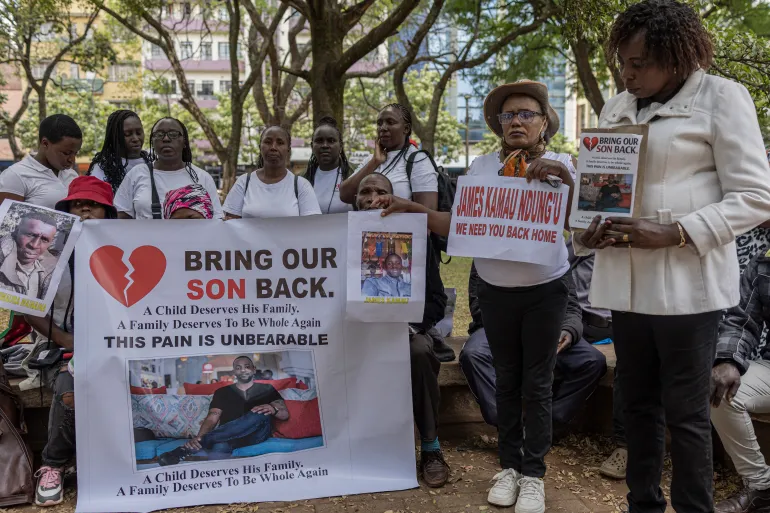In a series of pointed responses, the Nigerian Presidency rebuffed former Vice President Atiku Abubakar’s criticisms of President Bola Tinubu’s economic policies, claiming his proposed policies would have led Nigeria into deeper economic trouble. Atiku recently suggested that the current administration should consider his 2023 electoral manifesto, which, he argues, would better address the country’s pressing economic issues.
“Atiku’s ideas were rejected by Nigerians in the 2023 election because they lacked a practical approach to saving the economy,” a spokesperson from the Presidency stated. “If we had followed his ideas, the nation’s financial stability would be at greater risk.”
Atiku, in response to ongoing economic concerns, highlighted his plan’s specific focus on reducing inflation, stabilizing the naira, and stimulating foreign investments in key sectors such as agriculture and technology. “I believe Nigeria would be in a stronger economic position if my policy proposals had been implemented,” Atiku remarked. He underscored that his blueprint offered actionable strategies to mitigate the nation’s fiscal challenges more effectively than current measures.
Presidency’s Perspective on Economic Strategy
The Presidency, however, firmly dismissed Atiku’s recommendations, suggesting his ideas were outdated and would exacerbate the country’s financial woes. According to the government’s spokesperson, Atiku’s approach could have led to unsustainable debt and increased inflation. “Atiku’s proposals would have plunged Nigeria into a worse economic situation than we are experiencing now. His high-risk fiscal spending approach lacks the foundational support necessary for long-term growth,” the statement read.
The Presidency further argued that Tinubu’s reforms, which include subsidy removal and other fiscal adjustments, although initially difficult, were essential steps toward a sustainable economic path. “We are taking the tough decisions now so that Nigeria can avoid a fiscal crisis in the future. These sacrifices are necessary to ensure a healthier economic outlook,” the spokesperson explained.
Public Reaction to Economic Visions
The exchange has spurred discussions across the country, as citizens and economic analysts evaluate the contrasting visions. Supporters of Atiku argue that his emphasis on immediate relief resonates with Nigerians facing rising costs of living. Conversely, Tinubu’s backers advocate for the current reforms as a long-term solution to past fiscal mismanagement. “The real challenge is that Nigerians need relief now, not tomorrow,” an analyst noted, expressing a sentiment echoed by many citizens.
The contrasting perspectives on economic management highlight a fundamental disagreement on how best to tackle Nigeria’s economic woes. The Tinubu administration remains committed to its approach, which it asserts is the best path to restoring financial stability and growth, despite the initial hardships it entails.























